Author Tim O'Brien recommends 6 of his favorite books
The author recommends works by Ernest Hemingway, Ivan Turgenev, and more
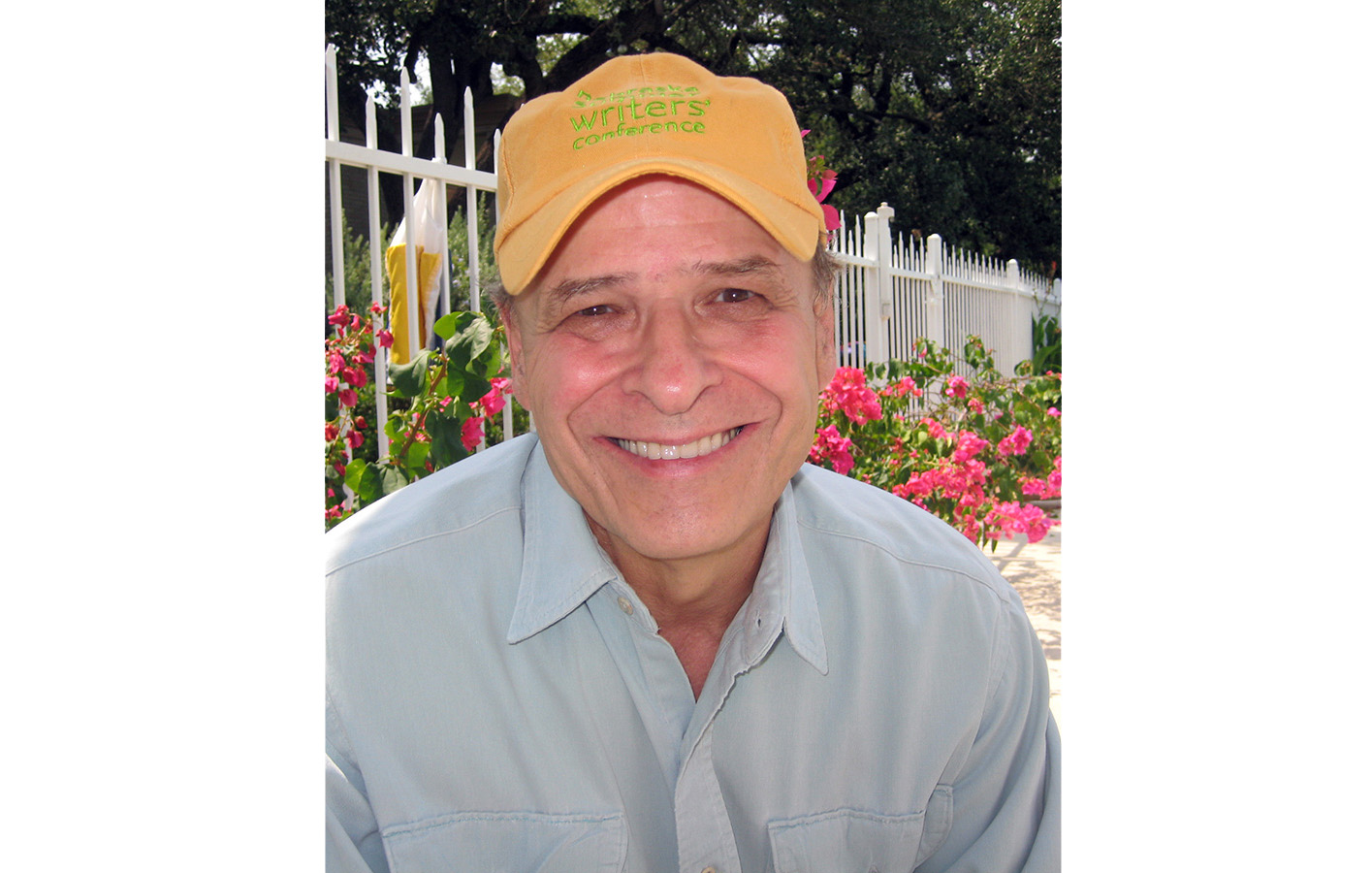
A free daily email with the biggest news stories of the day – and the best features from TheWeek.com
You are now subscribed
Your newsletter sign-up was successful
Tim O'Brien is the author of The Things They Carried, a collection of linked stories about Vietnam that has become a classic of war fiction. His new book, Dad's Maybe Book, collects musings he began years ago to share with his two young sons.
Revolutionary Road by Richard Yates (1961).
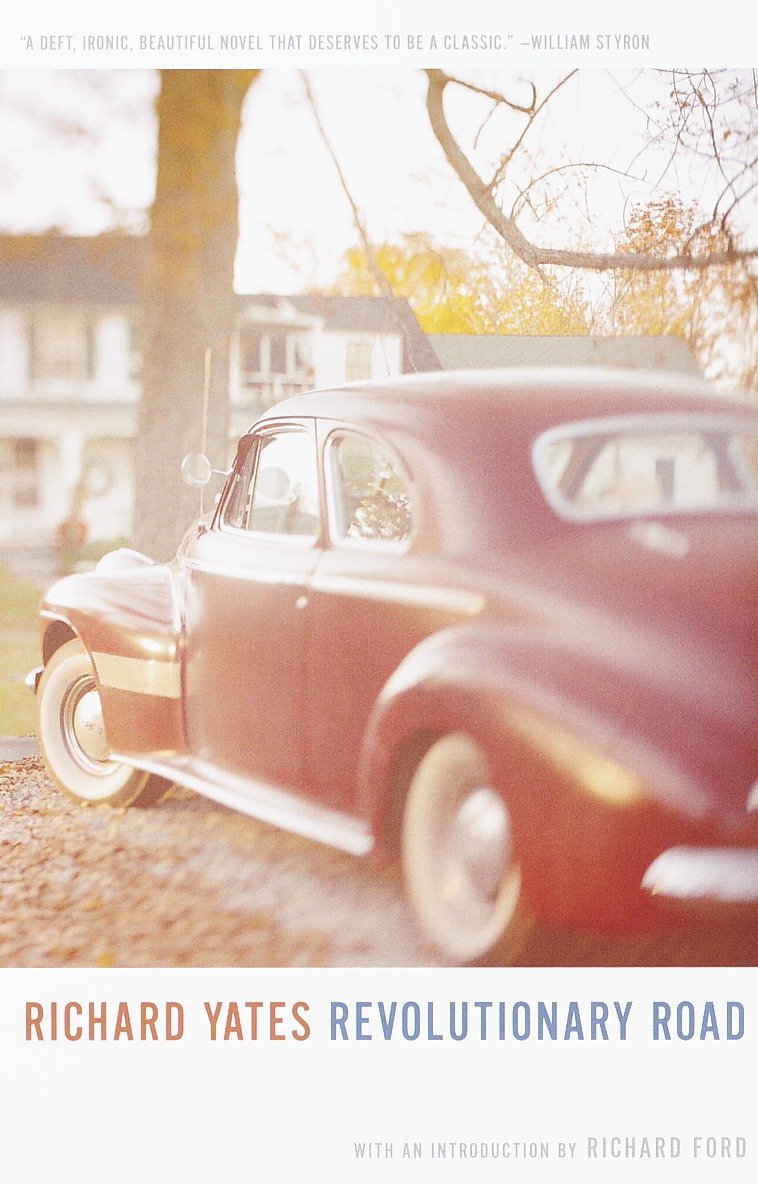
Among the best novels of the past 75 years, Revolutionary Road is a story of a marriage gone sour. A suburban couple dreams about heading for Paris; it never happens. This is a heartbreaking and really human story, beautifully written.
The Week
Escape your echo chamber. Get the facts behind the news, plus analysis from multiple perspectives.

Sign up for The Week's Free Newsletters
From our morning news briefing to a weekly Good News Newsletter, get the best of The Week delivered directly to your inbox.
From our morning news briefing to a weekly Good News Newsletter, get the best of The Week delivered directly to your inbox.
Fathers and Sons by Ivan Turgenev (1862).
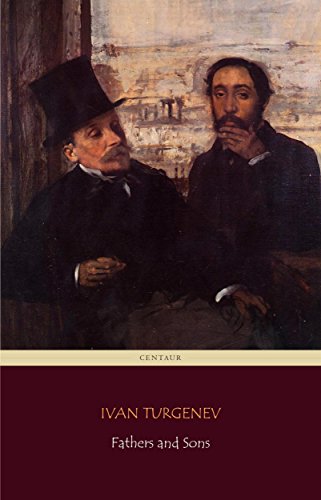
This has long been one of my favorite books, and I read it again this year. It's the story of two fathers and two sons and their disappointments in each other. A son can never quite satisfy a father; a father can never quite satisfy a son.
Selected Stories by Andre Dubus (1988).
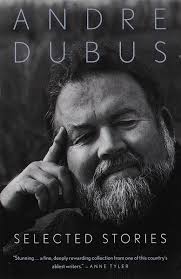
A Father's Story is one of the best American short stories ever written. A man whose daughter has killed someone in a hit-and-run is struggling: "Can I protect my daughter from the consequences of this accident, and can I protect her in a moral sense from the wrath of God?" Dubus is a much overlooked writer, except among other writers.
A free daily email with the biggest news stories of the day – and the best features from TheWeek.com
First Love by Ivan Turgenev (1860).
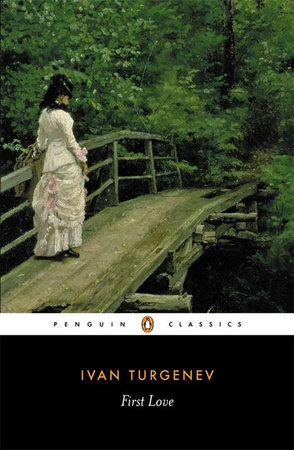
This is a love story on its surface: A young man falls in love with a slightly older woman, not knowing she is his father's mistress. At the time, many Russians found it too light. I find nothing light about it.
The Complete Stories by Flannery O'Connor (1971).
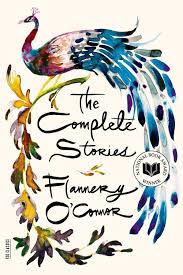
O'Connor's beautiful stories touch a place in my heart that's rarely touched in fiction. There's a subtle but strong religious thread: She's always asking big questions — about where we come from, where do we go, and what is the purpose of human life.
The Complete Short Stories of Ernest Hemingway (1987).
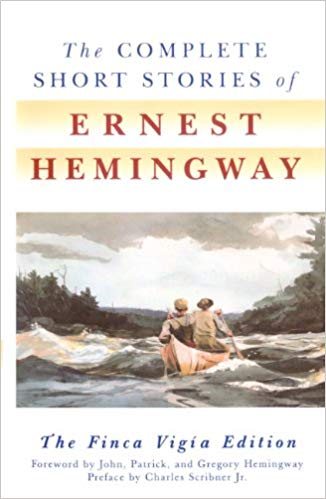
I used these stories as a way of talking to my young sons about writing. It was fascinating to hear their responses. After reading The Killers, about two thugs who go to a small town to hunt down a boxer, my older son wondered why anyone would want to be a boxer in the first place — don't they get hit in the head? It wasn't what Hemingway intended him to think about, but the reader brings his or her own concerns to a story. The author can only control so much.